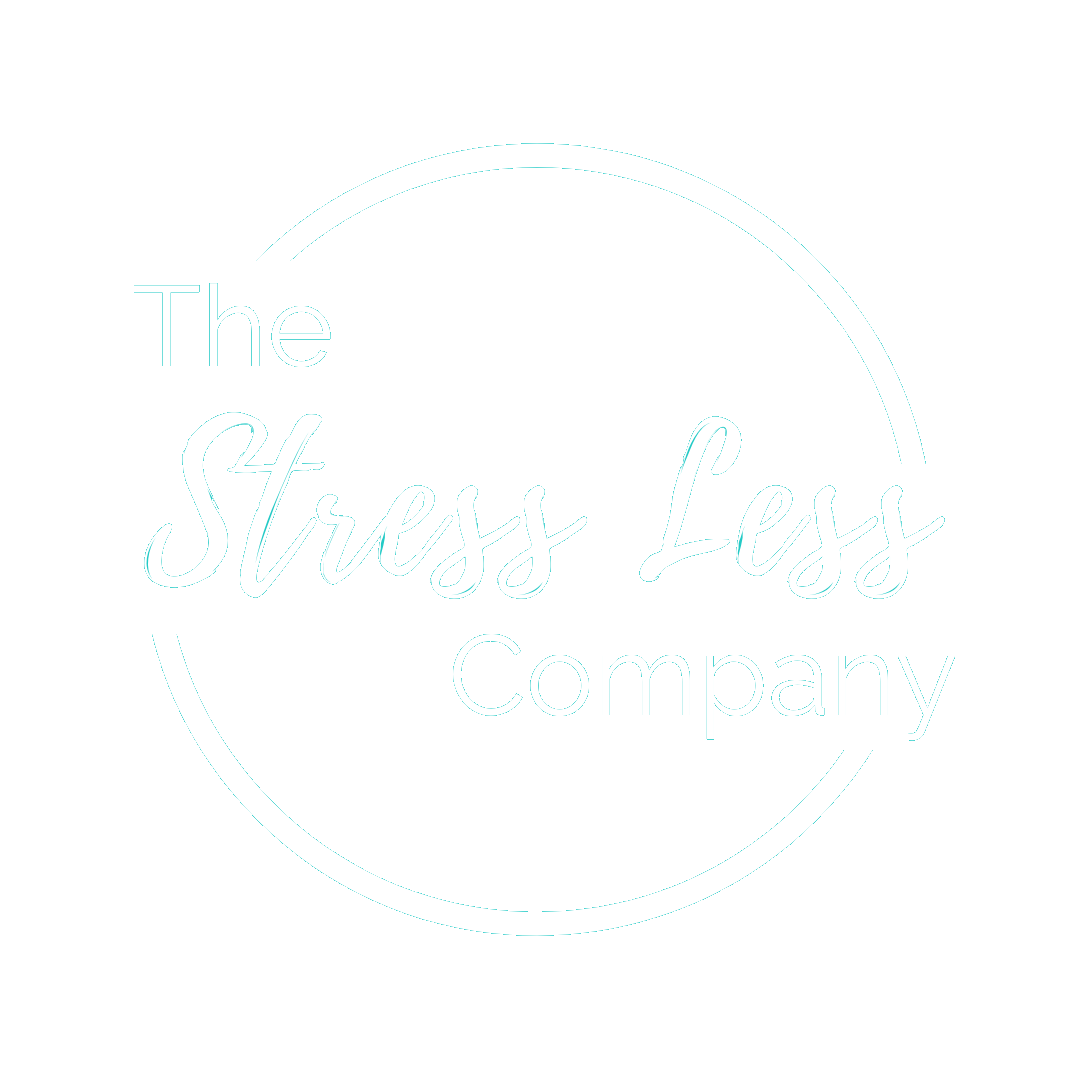On the go? Listen to The Stress Less Show as a Podcast!
Trouble sleeping, anyone? We all know we need those eight hours of shut-eye. Sleep is crucial for both our mental and physical health. However, especially in today’s busy and uncertain world, many of us are losing sleep night after night and it can be tough to know where to begin in changing our sleep habits for the better. That is why I have brought on The Stress Less Show, founders of Behavioral Sleep Medicine Associates, licensed psychologist Jacqueline D. Kloss, Ph.D., and physician Amanda Swain, M.D., to share their expertise with us so we can start to build healthy habits for bedtime.
As both mothers and doctors, Jackie and Amanda know quite a lot about sleep difficulties and disruptions. Between their own personal experiences and their professional work, they came together to start Behavioral Sleep Medicine Associates when they began to notice just how widespread and serious the problem of poor sleep was.
“Sleep is pivotal to both physical and mental well-being. It's no surprise that insufficient sleep places one at risk for cardiovascular disease, metabolic conditions, decreased immune functioning, dementia, emotional struggles. Yet sleep eludes many of us”
Within their joint practice, Jackie and Amanda are committed to helping their patients build healthier lives by addressing the problem of sleep head-on.
“The good news is that poor sleep is a modifiable risk factor for many issues - both physical and mental - and Jackie and I really want to empower people to make behavioral changes that will yield important benefits for years to come.”
Jackie and Amanda shared so much great knowledge with me on the show this week. Read on to see their three tips for building healthier sleeping habits!
Tip #1: Practice stimulus control
Jackie and Amanda’s first tip is a great place to begin to get into a healthy bedtime routine: stimulus control. And we’re talking about more than just cutting back on caffeine here!
How many of us curl up in bed just to scroll through our phones, binge-watch the latest TV show or even bring our work to bed with us? Our beds and bedrooms can become a hub of activity - especially as we are having to spend more and more time indoors - and the more waking time we spend in our bedroom, the harder it can become to switch our brain into sleep mode when it is bedtime.
“We want to break those associations and make sure that you're using your bed as a cue or stimulus for sleep”
Our minds and bodies are connected. By making an effort to make our beds a place primarily for sleep, we begin to create a new association in our mind that when we are under the covers and our head is on the pillow, it is time to fall asleep.
Tip #2: Give up sleep effort
We all have those nights where we toss and turn again and again and again… Minutes, hours go by but we can’t seem to get our brains to shut off no matter how hard we close our eyes. The reality is that “trying” to sleep is probably not doing much.
“Sleep is a very natural activity and it's not something we can control. It's not like a light switch.”
Even though we might wish we could just press a sleep button and get those 8 hours, Jackie and Amanda highlight the importance of letting go of the need to force sleep to come because the more we try, the harder sleep actually is.
“If you find yourself putting too much effort into trying to sleep, you need to break that up again and get out of bed.”
Getting out of bed and doing a calm activity to take our mind off sleep for a while can alleviate the pressure from falling asleep so we can come back to bed when we naturally begin feeling tired.
Tip #3: Be careful of the sleep “lies” you tell yourself
Negativity, anxiety, fear - we may be used to confronting those emotions and thoughts in our professional lives, our friendships, our romantic relationships, but what about in our sleep habits? We often don’t always consider our mindset when it comes to our relationship with sleep, but Jackie and Amanda’s final tip is all about just that.
“Oftentimes, we get attached to these very unhelpful beliefs and attitudes about sleep out of our anxiety, our experience with sleep, misinformation in the media, or just because these ideas seem to make sense to us.”
Especially if sleep has been evading us frequently, it can be easy to fall into a negative thought spiral every night before bed. We may feel like we will never get a good night of sleep ever again or we may be convinced that something terrible will happen if we can’t get our sleep schedule back on track. Whatever thoughts may come up, however, Jackie and Amanda stress that reframing these thoughts is a necessary step in overcoming the obstacles in the way of a good night’s rest.
“Push back against those thoughts and try and reframe them into healthier and more positive messages.”
The more positive we can become about our sleep habits, the easier it is for us to change them so we can get the sleep we need.
—
Have you heard? Self-love accountability has gotten a whole lot easier! We’ve launched The Virtual Stress Less Space, a brand new virtual self-care accountability group to help you relax and recharge in the comfort of your own home! Learn more here and join us for our next session on July 21st at 5:30pm ET!
